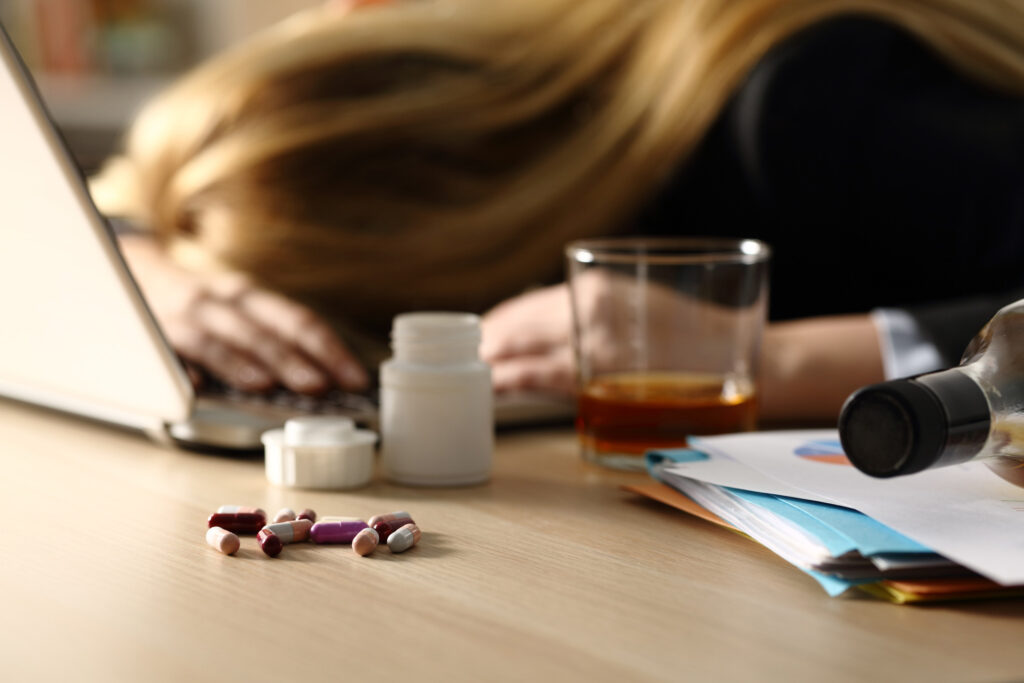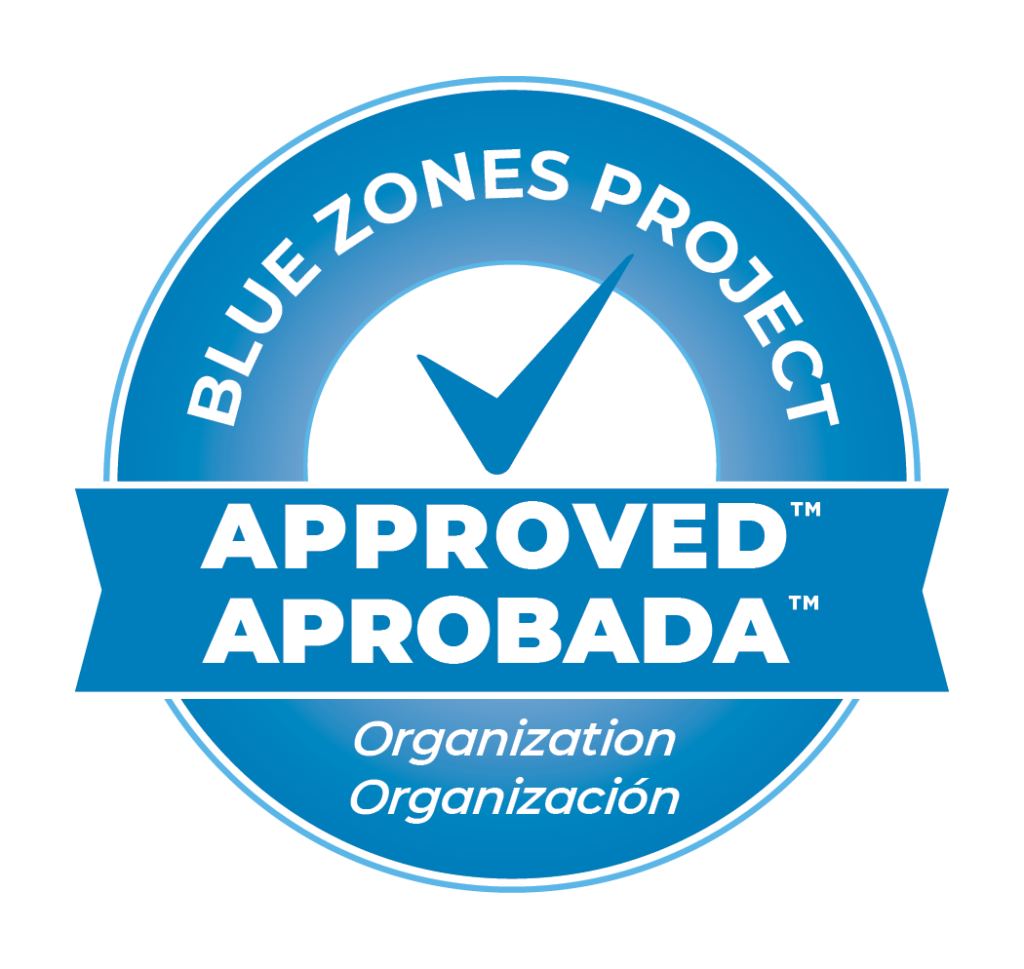
“Unwinding” with alcohol or recreational drugs has become an accepted practice in our society. Taking that route is considered an easy way to relieve stress, cope with trauma or deal with grief.
In reality, however, it is not an effective way to find any meaningful relief from our struggles.
Alcohol is a sedative and a depressant that affects the central nervous system. At first, drinking can reduce fears and take your mind off of your troubles. It can help you feel less shy, give you a boost in mood, and make you feel generally relaxed. In fact, alcohol’s effects can be similar to those of anti-anxiety medications.
But once we start drinking, we can build a tolerance to the de-stressing effects of alcohol. This can make anxiety and stress even more difficult to cope with.
A vicious cycle
Drinking or using other substances can create a temporary break from worries, and generally, we feel better at the moment. But, when you come off that substance, it can create a tremendous amount of rebound anxiety. So the stress and anxiety you experienced before becomes heightened when you come off the substance, which can create a cycle of abuse.
Simply put, substance use prevents us from effectively working through the stress, grief or trauma that is driving us to find relief in the first place.
In addition, it can cause guilt and shame — powerful emotions that can add to the desperate need to find an escape.
Recognize unhealthy habits
If you use alcohol or drugs to reduce stress in your life, it’s vital to perform a self-assessment to determine if it impairs how you function day to day.
Questions to ponder about substance use:
- Is this having a negative impact on your physical health, often feeling hungover or sick?
- Has a medical provider suggested stopping, but you continue to use anyway?
- Are you able to focus on work or school, and keep appointments?
- Are your relationships with your children, partner, friends, parents, etc. affected?
- Are you saddled with legal issues (perhaps including a DUI)?
- Is your drinking or drug use becoming the primary activity you engage in?
- Are you spending valuable time and money trying to find a substance?
If there’s a negative impact somewhere in our lives, recognize that as a cue that substance use is becoming problematic.
Why it’s difficult to stop
Everyone has a different story. Some have a biological addiction to alcohol and experience physical withdrawal symptoms when they stop. Others might be emotionally attached.
It’s important to know that substances change the actual structure of our brains. They artificially introduce dopamine, a neurotransmitter, which makes us feel satisfied. If we use substances long-term as a coping mechanism, and then stop using them, there is a lower level of dopamine in our brains. It results in us wanting instant gratification instead of working through something.
A common misconception is that people are weak-minded or don’t have the necessary willpower to stop. When substance use is a disorder, it’s something that has to be managed, similar to other medical issues such as diabetes.
Fight the culture
Drinking alcohol and/or using recreational drugs falls into generally accepted cultural practice. Co-workers gather after work for a few drinks. We pick up a bottle of wine to take home. “Happy hour” happens earlier and earlier and no gathering is complete with a “feel-good” component.
We’ve normalized it so much in our culture that we don’t recognize when it has become problematic for us. To stop the cycle, we have to face whatever we’ve been avoiding.
And that’s when the real work begins.




